The Jedi Code as it exists in the Star Wars universe has served as the set of rules by which the Jedi Knights, guardians of peace and justice in the galaxy, conduct their lives. It was first mentioned in Star Wars: Episode I - The Phantom Menace, which dealt heavily with Jedi doings, but according to Star Wars: The Annotated Screenplays, has its roots in George Lucas's early drafts for The Empire Strikes Back.
While an important doctrine to ensure impressionable Jedi don't succumb to the seductive teachings of the dark side, it has always been rife with inconsistencies and stagnant regulations that are highly impractical. Much of the Jedi teachings that are born from it seem to be counter-intuitive and even contradictory, often changing depending on the perspective of their purveyor and recipient.
10 Its Paradoxical Mantra
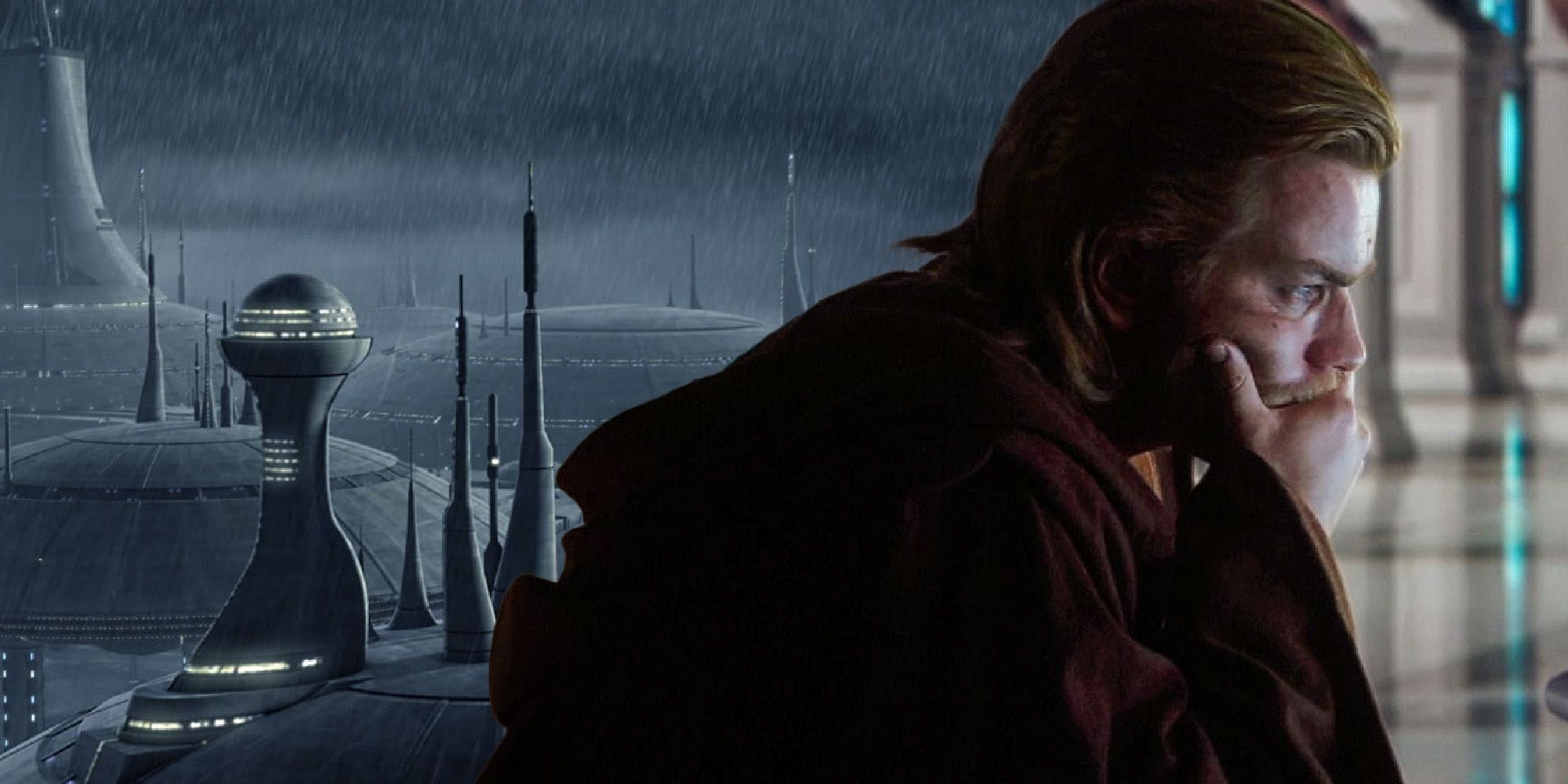
The oldest known mantra of the Jedi Code reads as follows: Emotion, yet peace. Ignorance, yet knowledge. Passion, yet serenity. Chaos, yet harmony. Death, yet the Force. While an elegant collection of sentiments, the lines themselves read as complete paradoxes to their points.
The Jedi Order's ignorance of the true nature of the Separatist Movement and the Machiavellian strings being pulled by Chancellor Palpatine cost them dearly. Only a few strong-willed and astute Jedi like Obi-Wan Kenobi truly sought the knowledge of Palpatine's plot, when it should have been the objective of every Master on the Jedi Council.
9 Often Comes Across As Human-Centric
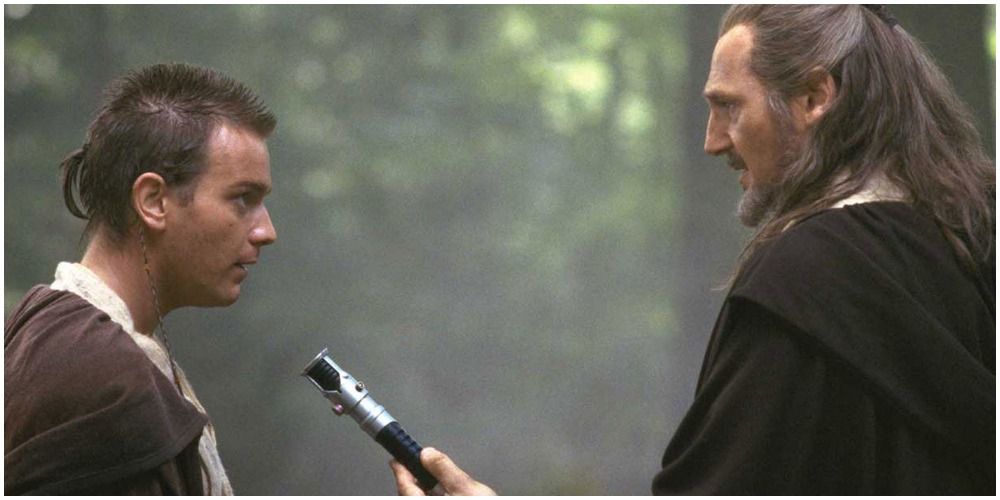
The Jedi Order was comprised of Jedi Masters, Knights, and Padawans from all across the galaxy. Though they left their cultural heritages behind to follow the Force, the fact remained that their physiology was widely varied and required special attention.
The Jedi Code seemed just vague enough to be applied in blanket terms to many species, but not specific enough to reflect how different the Order's members were on an individual level. There were Bith, Ithorian, and even Ewok Jedi in Star Wars Legends, and Twi'lek, Togruta, etc in the canon, but the Star Wars movies and animated series don't delve into how these species approach the Jedi Code.
8 An Emphasis On Emotional Detachment
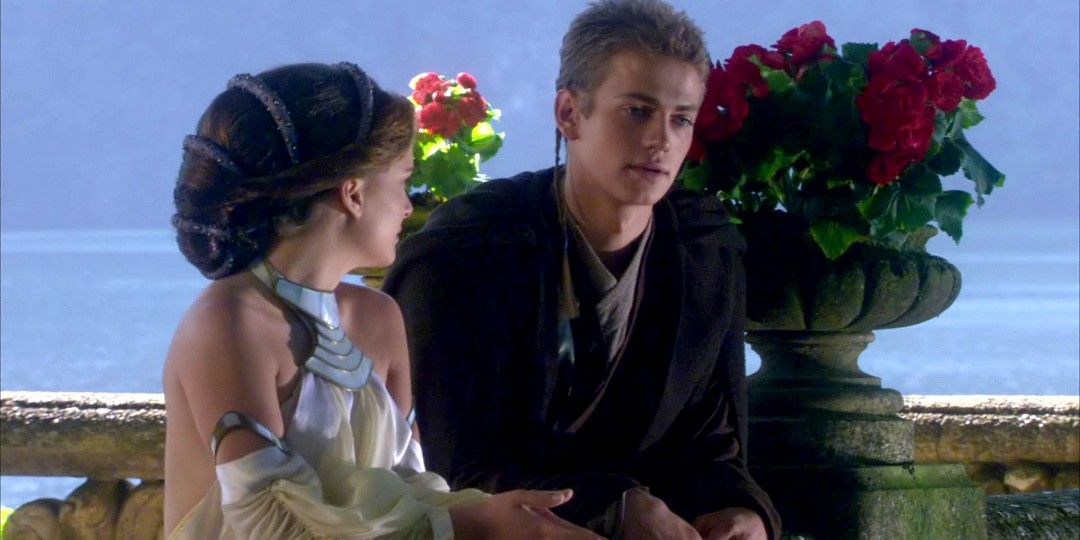
One piece of the new mantra of the Jedi Code reads, "There is no emotion, there is peace." While many Jedi might successfully have been able to expel emotions from their daily life of service, it wasn't a naturally intuitive concept. It had to be acquired from years of training, and at the great expense of social function.
The Sith knew that emotions could never fully be divorced from the decision-making process, and would always be found as a driving force behind the machinations of the galaxy. The Jedi's suppression of emotions led to the Chosen One having multiple paroxysms and conflicts of interest.
7 Being Unable To Mourn Love Ones
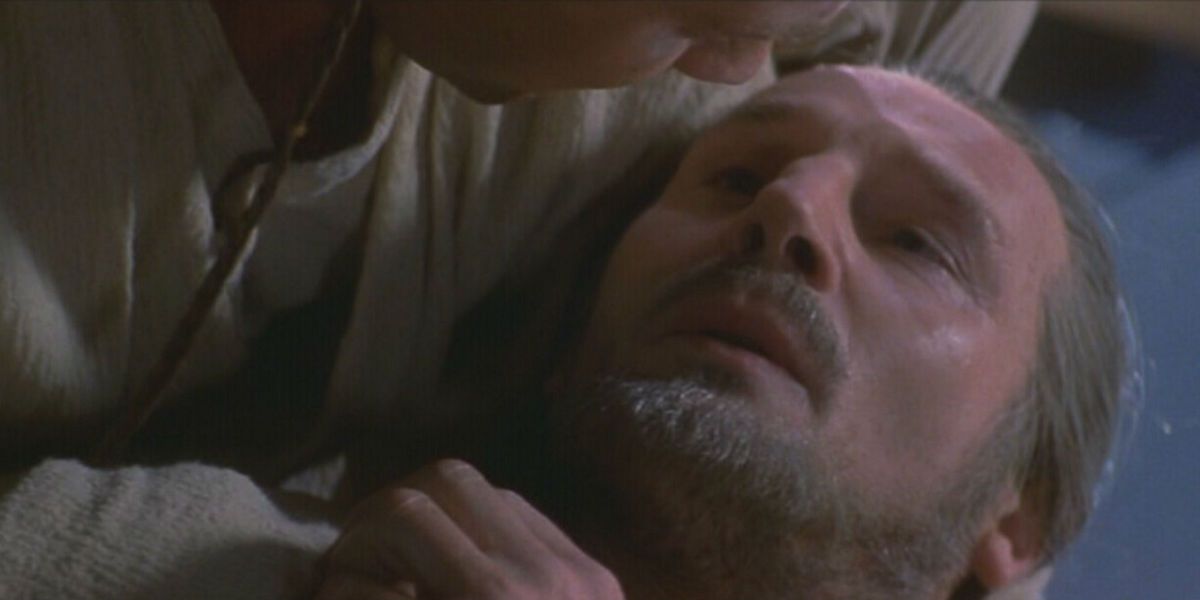
As the tenet goes, "There is no death, only the Force," indicating that when a Jedi dies, they simply pass from the corporeal world and become one with the Force in the afterlife. "Mourn them do not, miss them do not, " Master Yoda explains to a depressed Anakin Skywalker in Star Wars: Episode III - Revenge of the Sith because to do so leads to the same anger and chaos he caused by the pain of his mother's death.
While the sentiment is meant to mollify anxiety for those left behind after a loved one passes, it can also lead to actions like Obi-Wan Kenobi's — training Anakin out of a pledge to the attachment of Qui-Gon Jinn's memory. Had Obi-Wan been able to properly process his emotions surrounding Qui-Gon's death, and known he could contact him in the afterlife, perhaps the fate of the galaxy would have been different.
6 Respecting Other Life Forms
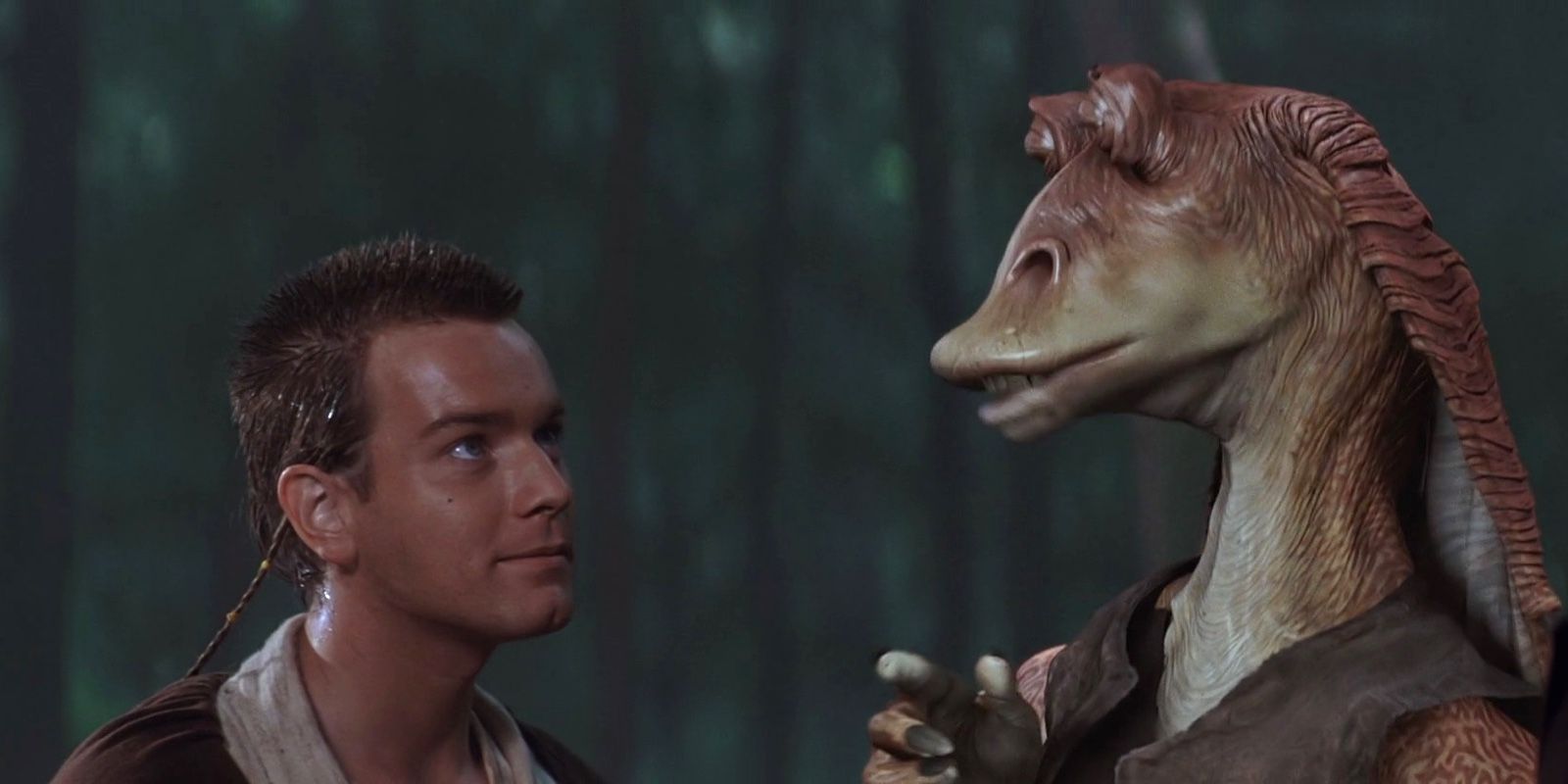
The Jedi are taught from an early age to respect all other life forms in the galaxy, especially since some of them fall under the description of weak and innocent, all but ensuring the Jedi would have to come to their aid should they find themselves set upon by enemies.
Given the practice, it's odd to see both Qui-Gon Jinn and his apprentice Obi-Wan Kenobi seem derisive and dismissive of several species they interact with, beginning with Gungan Jar-Jar Binks. Obi-Wan even goes so far as to call him "pathetic" in Star Wars: Episode I - The Phantom Menace.
5 Not Being Able To Marry
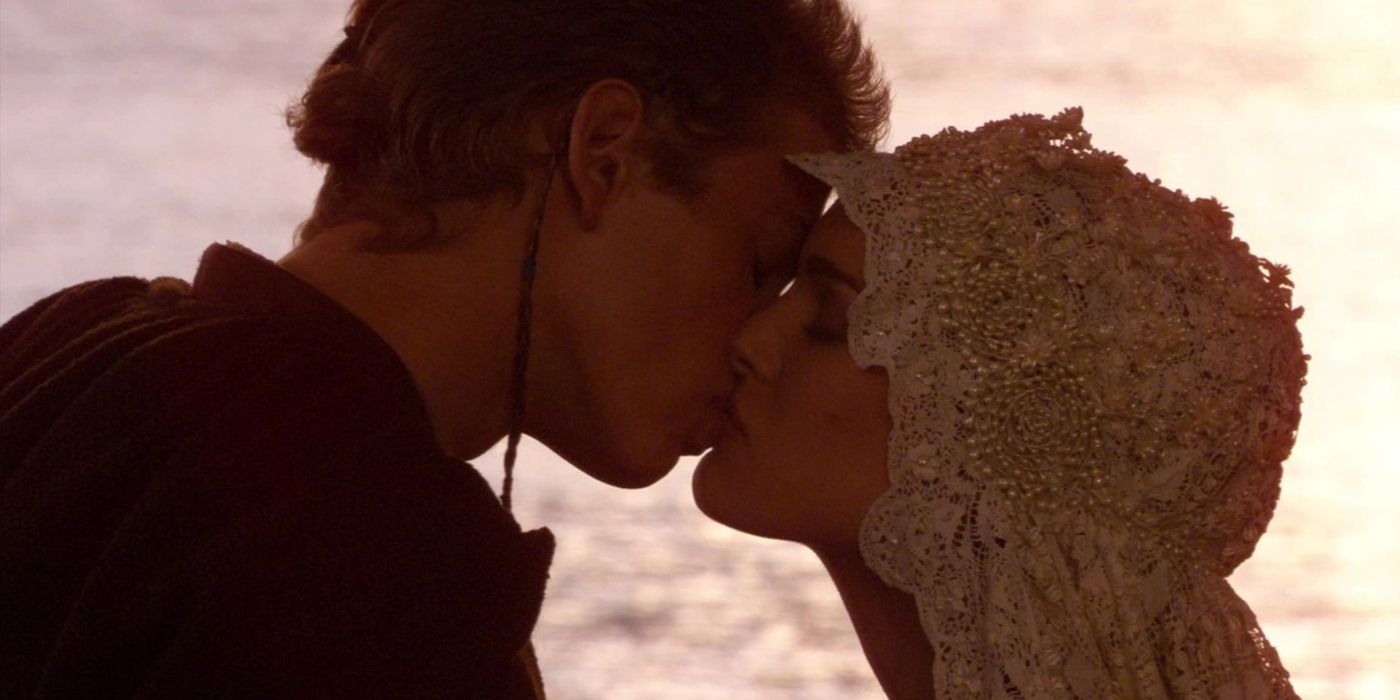
While it might not seem conducive for a Sith to marry given their propensity to dispose of anything around them that might make them weak, marriage in the case of a Jedi would seem to only naturally create more love and harmony in their lives. Jedi Knights of the Old Republic often married and had children, but when this was forbidden during the latter days of the Republic, it served to represent how stagnant and out of touch it was.
The Order warns of attachment and possession, and in the case of some ancient texts, against the creation of Force-sensitive dynasties. However, by not allowing Jedi to marry as in the case of Anakin Skywalker, the secret of his nuptials ends up being just one more step towards his path to the dark side.
4 Celibacy

It's been a long-held belief by Star Wars fans that the Jedi were always meant to practice abstinence and celibacy all their lives. Presumably, sexual acts were thought of as a gateway to attachment, jealousy, and possession. However, if the emotional component were to be removed from the intimacy, why would seeking physical comfort be so wrong?
According to George Lucas himself, the "Jedi Knights aren't celibate." The only thing that's forbidden for them is growing too attached to the individual they're being intimate with. After all, Padawans must go through puberty, and the Jedi Order sweeping that important process under the rug seems puritanical.
3 The Training Of Padawans
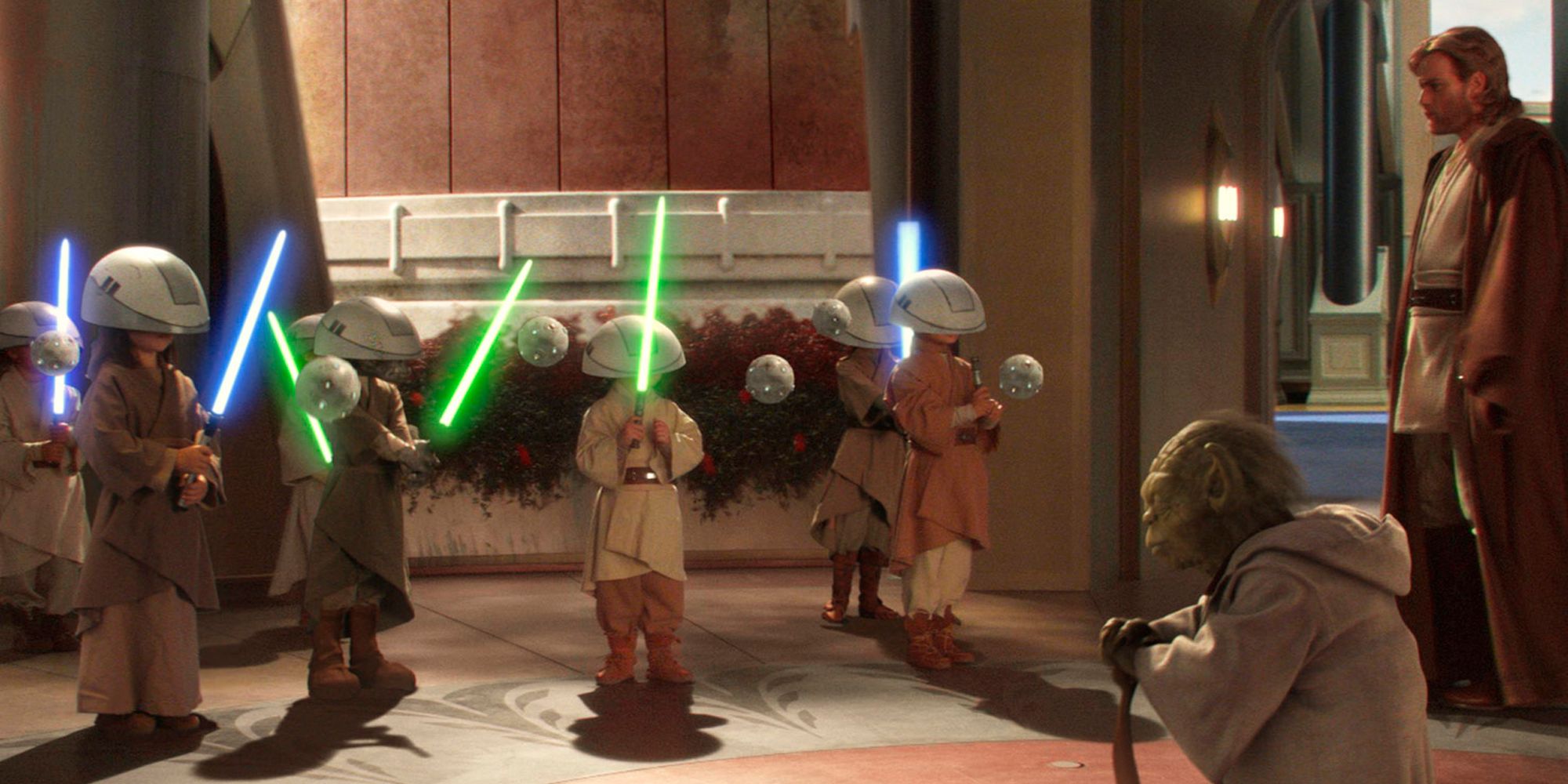
According to the Jedi Code, a Jedi Master can only take on one Padawan at a time, and until the Padawan passes the Jedi Trials to become a Jedi Knight, cannot take on another. They can also only train younglings taken from their homeworlds as infants, making Anakin Skywalker's acceptance into the Jedi Order a rarity.
While the training of younglings ensures that the Padawans have no attachment to their former lives, the pairing of a Padawan with a master for over a decade seems nonsensical; it can breed intense attachment between two Jedi (Qui-Gon/Obi-Wan, Ahsoka/Anakin, etc), and since Jedi Masters tend to select their Padawan by how Force-adaptive they are, it breeds competition between Padawans for attention.
2 Fearing The Dark Side
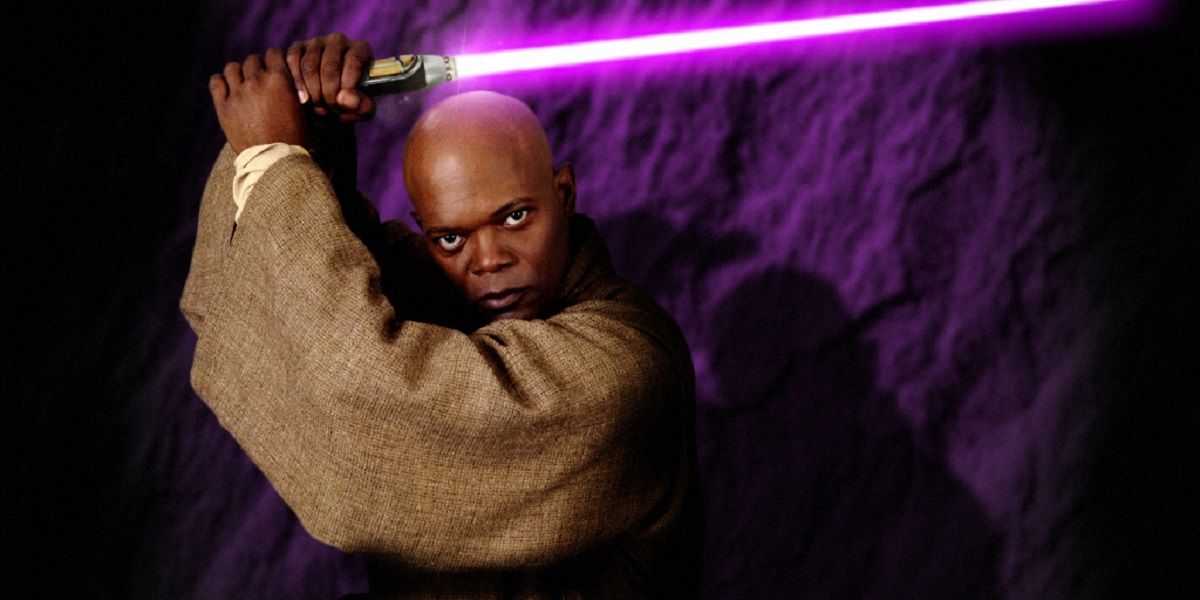
Many of the regulations found in the Jedi Code are to prevent members of the Jedi Order from succumbing to the dark side. Yet the Jedi Order proved that during the events of the prequel trilogy, it was unable to combat what it didn't understand. Not all Jedi were as old as Master Yoda and even remembered what the Sith were.
Only Master Windu, a practitioner of Form VII, or Vaapad, was able to walk the fine line between the light side and the dark side. As he told Obi-Wan Kenobi in the novelization of Star Wars: Episode III - Revenge of the Sith, "I created Vaapad to answer my weakness: it channels my own darkness into a weapon of the light". If all Jedi were so capable, perhaps the Sith could have been defeated once and for all.
1 Rigidity
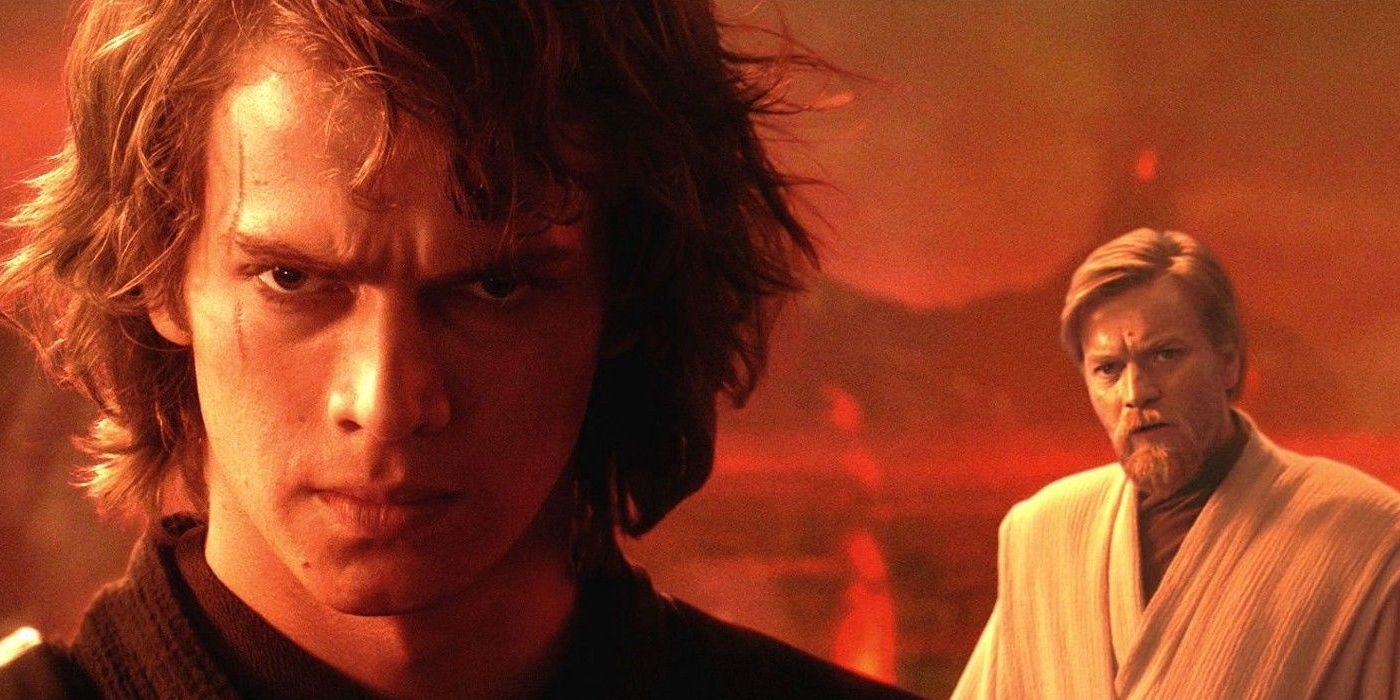
Anakin Skywalker questioned the tenets of the Jedi frequently and audibly. Because he was trained as a Jedi Knight with strong memories of what his life was like before, he had a great deal of attachment to it. But his knowledge of life outside the Jedi Order also exposed the weaknesses in its dogma.
Had the Jedi been frank with him about the dark side, he might not have had to seek out its powers in secret. Had they been understanding about his relationship with Padme, he might not have been driven to find a way to stop her from dying. Had Anakin been allowed to love, and process the grief of his mother's death, he might truly have become the Chosen One, the greatest Jedi of all time, and the one to bring balance to the Force.
from ScreenRant - Feed https://ift.tt/37rvARi

No comments: